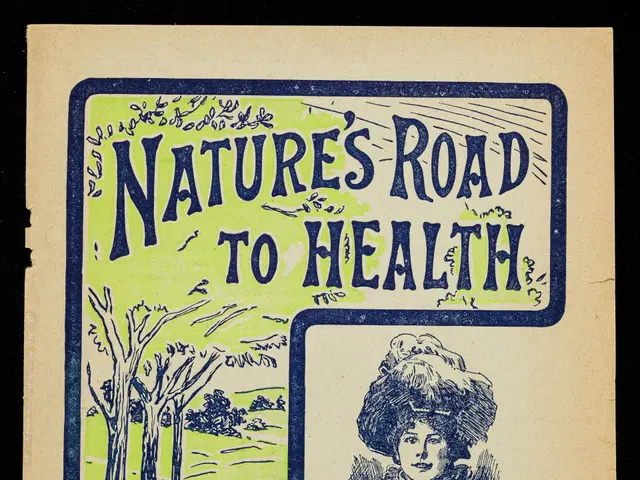Belarusian scientists unlock the genetic secrets of centenarians’ longevity
Scientists in Belarus have developed a passport for centenarians, revealing unique microbiological features that could extend lifespan and reduce disease risk. The study, involving over 600 elderly individuals, including 200 over 90 years old, has identified specific genes and bacteria linked to longevity.
The passport for centenarians, a collaboration between Belarusian and international researchers, combines genetic information with lifestyle factors. It suggests that a mix of genes and healthy habits can prevent diseases and increase lifespan by up to 20 years.
A dominant bacterium called 'Akkermansia' was found in many centenarians. This bacterium reduces the risk of inflammatory bowel diseases. Probiotics, prebiotics, and dietary modifications are also believed to extend life and reduce disease risk.
The passport for centenarians, a result of the Belarusian study, offers insights into preventing multifactor diseases and optimizing pharmacogenetics and nutrigenetics. Further research is needed to confirm these findings and develop targeted interventions to promote healthy aging.







